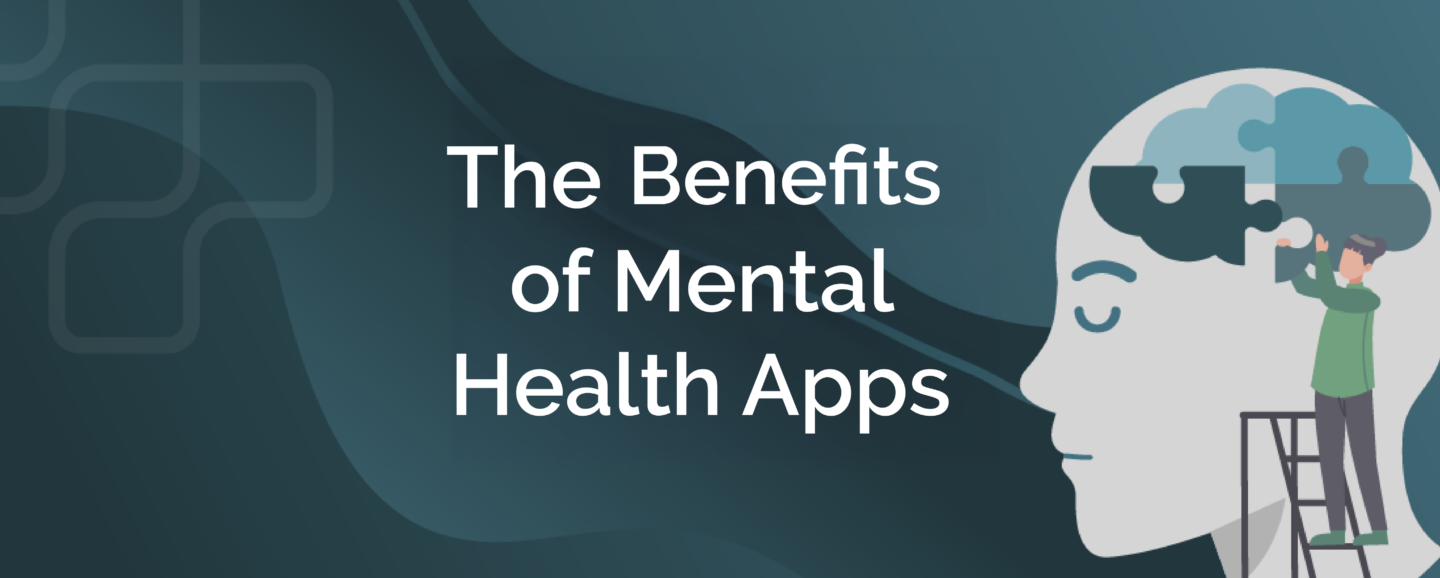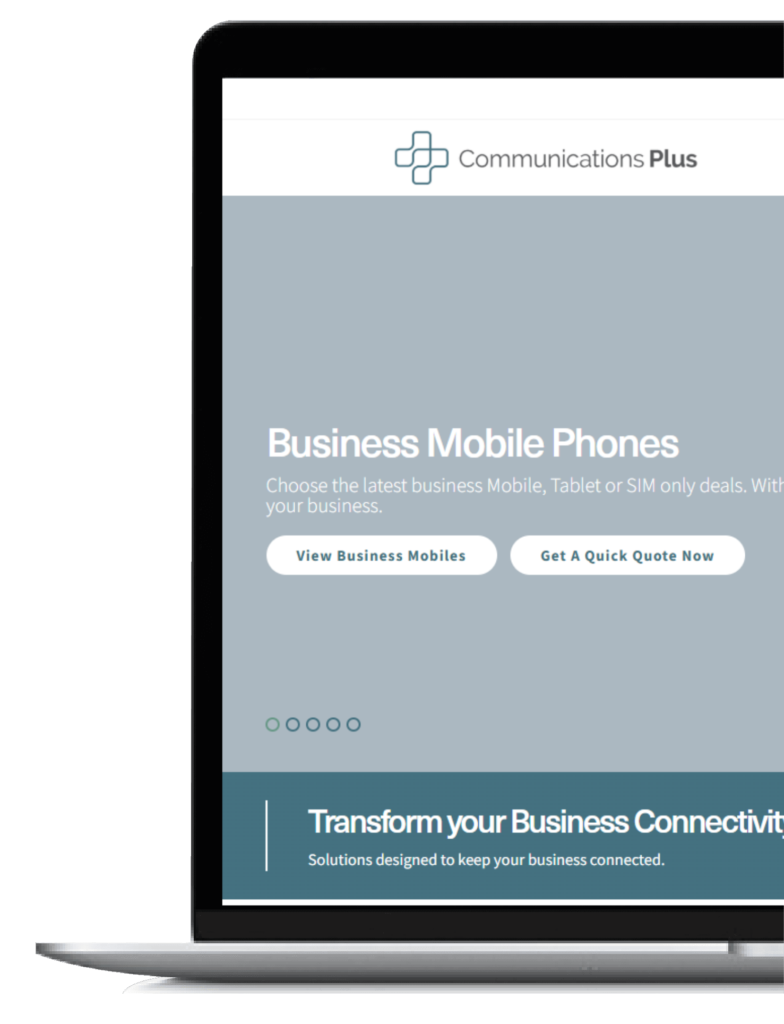A beacon of Hope in Digital Well-being
The digital landscape for mental health support is expanding rapidly, as evidenced by the growing market for mental health apps, which are expected to soar significantly by 2027. This surge, propelled by a remarkable annual growth rate since 2021, suggests a shift in therapeutic approaches, particularly after the global impact of the COVID-19 pandemic, which significantly accelerated interest in this sector. While some may question the efficacy of these apps, a substantial body of research suggests that, when used correctly, they can offer significant benefits.
Exploring the Effectiveness of Mental Health Apps
A comprehensive meta-review conducted recently delved into the effectiveness of mobile phone-based interventions for mental well-being, and covered a broad spectrum of applications from meditation to cognitive behavioural therapy (CBT) apps. This review synthesised data from multiple analyses, involving tens of thousands of participants across numerous randomised controlled trials. Although the evidence did not conclusively prove these interventions treat symptoms effectively across the board, it did reveal “highly suggestive evidence” of potential improvements in managing anxiety, depression, stress, and aiding smoking cessation.
The Therapeutic Potential Amidst Technological Advancements
The ongoing development of technologies, such as machine learning algorithms, holds promise for personalising and enhancing the therapeutic effectiveness of mental health apps. Experts in the field emphasise the potential of these apps to serve as a first line of assistance or prevention. They point out that while the human element remains crucial in therapy, these technological advances could make mental health care more accessible and tailored to individual needs.
Navigating the Risks of Digital Therapies
Despite the potential benefits, the digital therapy landscape remains relatively unregulated, with a notable lack of standardisation. The challenges consumers face in discerning the efficacy and safety of these apps are significant. The absence of rigorous testing and vetting can lead to misinformation and potentially harmful effects, underscoring the need for cautious engagement with these technologies.
Who Stands to Benefit the Most?
Digital natives, particularly youth and adolescents, may find well-being apps particularly beneficial. These apps could also bridge health equity gaps for communities traditionally less likely to seek conventional therapies, such as men and ethnic minorities. Furthermore, the anonymity provided by these apps could help reduce stigma associated with seeking mental health care, making them a valuable tool in reaching broader populations and addressing unmet needs.
Safe Usage and the Future of Mental Health Apps
It’s crucial to remember that these apps should not replace professional medical treatment but can complement traditional therapies. Consumers are advised to conduct thorough research before using any mental health app, considering reviews and data privacy policies. As the field continues to evolve, these apps represent a fine balance of choice—offering accessible mental well-being solutions while requiring careful consideration to maximise benefits and minimise risks.
While the debate on the overall effectiveness of mental health apps continues, the consistent evidence of their potential benefits cannot be ignored. As the digital landscape evolves, these tools may not only offer immediate support but also lead to broader public health improvements, proving that the convergence of technology and mental health care holds a promising, albeit cautiously optimistic, prospects for the future.
Mental Health Awareness Week 13-19 May 2024
Mental Health Awareness Week is run by the Mental Health Foundation and is a focus on awareness for mental health. This year it takes place from 13 May – 19 May 2024. and the theme is Movement: Moving more for our mental health.
Research has shown that regular physical activity can make us happier and healthier. Our bodies release feel-good hormones when we’re active, which can reduce anxiety and stress and help us sleep better. By building movement into our working day, we can have a positive impact on productivity and focus.
As well as mental health apps such as Calm, Headspace and Happify there are a range of apps to help you get moving including Fitbit, Strava and Steps App .
#MentalHealthWeek #EmpowerHalfHour #SelfCare #MentalHealthInTheWorkplace #BetterYou #PositiveOutlook #BusinessGrowth #CommunicationsPlus










